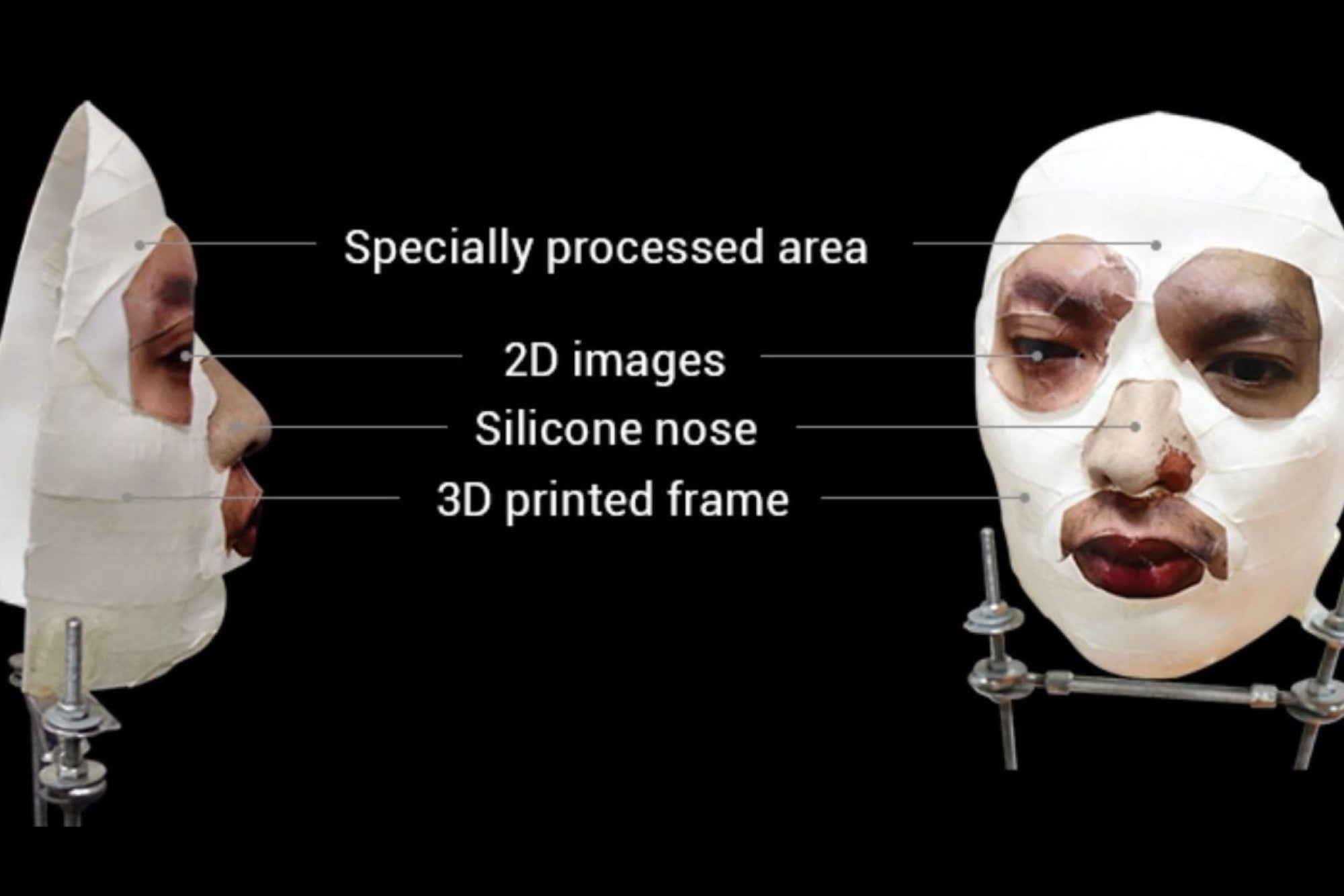Researchers Claim They Can Dupe iPhone X Face ID With a Mask For about $150, researchers at Bkav Corporation designed a mask they said is able to unlock an iPhone X using Face ID. Did they prove Apple wrong?
This story originally appeared on PCMag

Researchers at a Vietnamese security firm claim to have discovered a way to beat the iPhone X's Face ID feature using a mask.
For about $150, researchers at Bkav Corporation designed a mask they said is able to unlock an iPhone X using Face ID. Technical details of this "hack" are scant, but the researchers said they used a 3D printer to create the majority of the mask and enlisted an artist to make the nose out of silicone by hand. Other parts were 2D printed.
Related: iPhone X Is Apple's Most Breakable iPhone to Date
In a blog post, the researchers acknowledged that "it is quite hard to make the 'correct' mask without certain knowledge of security." Still, they say their experiment proves that it's possible to use a mask of someone's face to unlock their iPhone X. Consequently, the researchers are now warning users that Face ID "is not an effective security measure."
Still, everyday users don't have to be too concerned about someone getting into their iPhone X by using a mask, the researchers wrote. More likely targets would include "billionaires, leaders of major corporations [and] nation leaders."
Apple did not immediately respond to PCMag's request for comment.
Apple, for the record, has said this would not be possible. The company said its facial matching neural network is "trained to spot and resist spoofing" and "defends against attempts to unlock your phone with photos or masks."
Related: Apple Fires Employee After Daughter's iPhone X Video Goes Viral
The probability of a random person being able to unlock your iPhone X using Face ID is approximately one in a million, versus 1 in 50,000 for Touch ID, according to Apple. However, the company has warned that "probability of a false match is different for twins and siblings that look like you, as well as, among children under the age of 13, because their distinct facial features may not have fully developed."
This is not the first time researchers have attempted to defeat Apple's biometric security features. Following the addition of Touch ID, researchers demonstrated that it was possible to reproduce someone's fingerprint to unlock their iPhone.









